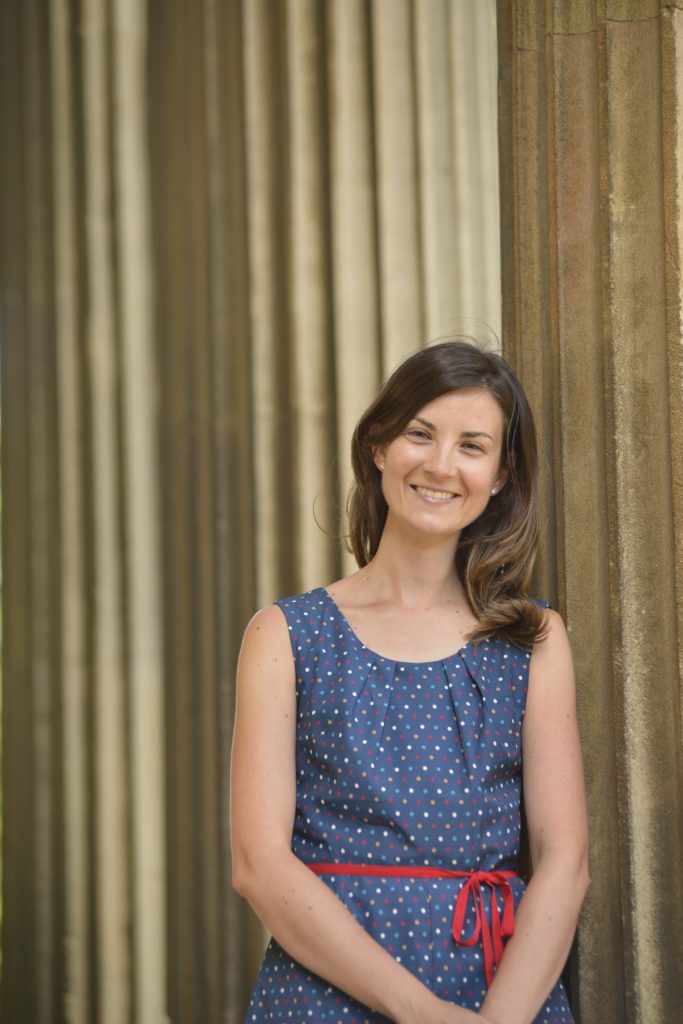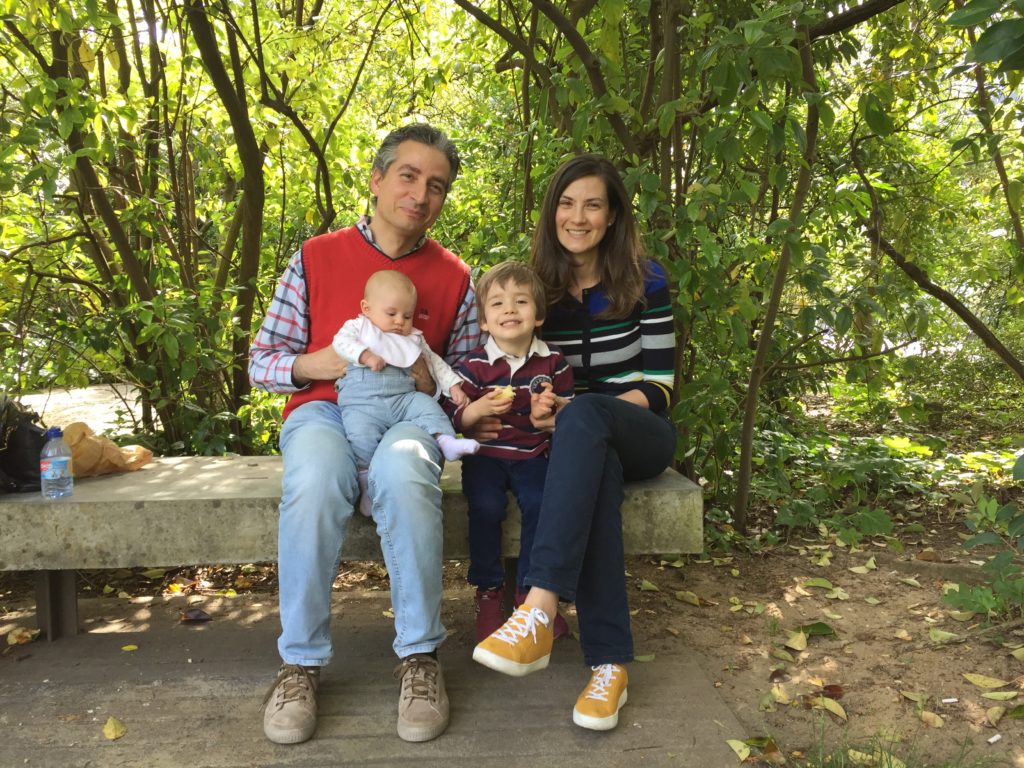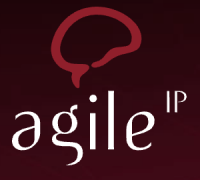SciSoc Spotlight Issue 4 – Dr Marta Correia
12 October 2020. Dr Correia is at the MRC Cognition and Brain Sciences Unit. A PDF version of this Issue is available here.Research focus: Neuroimaging images.
My research work falls broadly in the field of Magnetic Resonance Imaging (MRI) and its applications to Neuroscience. MRI is a non-invasive medical imaging technique which allows us to study both brain anatomy and function in-vivo. So we can for example study how the brain changes as a particular pathology progresses, or how different areas of the brain engage as we perform a particular motor or cognitive task. My work mainly focuses on the development of data analysis methods for quantification of MRI images. For example, one of my recent projects used two different MRI modalities and machine learning methods to develop diagnostic models for differentiating Parkinson’s disease from atypical forms of Parkinsonism. There is a pressing need for reliable biomarkers to differentiate these disorders, not only to aid diagnosis in early cases, but to monitor progression in trials and to support ante mortem studies of pathogenesis.
What made you decide to pursue research?
My brother started his PhD in Astrophysics when I was 14, and seeing how much joy he got out of his work was what first made me think about the possibility of a career in research. Later on, while at University, I had the opportunity to work on two different research projects, applying my skills in Physics and Engineering to problems in Medicine. I was fascinated by the interdisciplinary nature of the work, and thoroughly enjoyed learning about a new topic in a practical context, outside the formality of lecture halls. After graduation, I decided to do a PhD in Medical Physics to continue exploring the aspects of research I had so enjoyed as an undergraduate, and I have never looked back. I love the flexibility of the work, and the fact that I am continuously learning about new things.
What would be your advice to aspiring researchers?
Get as much research experience as you can as an undergraduate by doing research placements over the summer and a research project in your final year at University. Not only will it look good on your PhD applications, it will also increase your chances of finding the right research topic for you. Depending on your topic of study, there are also some PhD programs which offer a rotation year, where you undertake 2 or 3 research projects in different topics (sometimes even different departments) before you finally settle on a PhD project.Trackback from your site.

